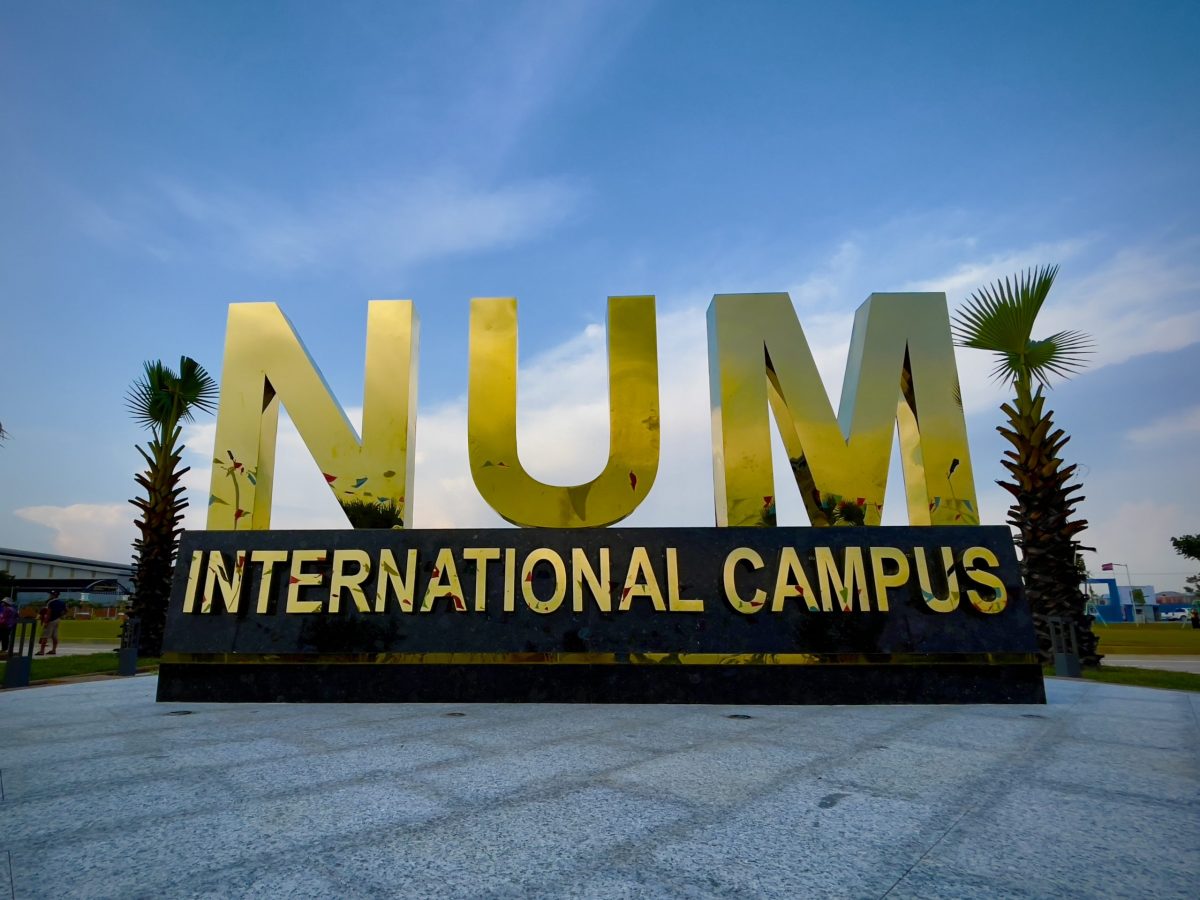1. Objectives
Aligned with the strategic goals of the National University of Management, the program aims to:
- Develop human resources equipped to address global challenges and contribute to international peace and cooperation.
- Enhance students’ analytical and critical thinking skills through research and comparative analysis of international policies.
- Foster leadership, teamwork, and innovation in students, in line with global principles of democracy, economic prosperity, and sustainable development.
2. Expected Learning Outcomes
By the end of the Bachelor’s Program in International Relations, students will be able to:
- Explain fundamental theories and concepts in international relations and diplomacy.
- Analyze foreign policies and their impact on global and regional dynamics.
- Assess the alignment of national policies with regional and international frameworks through comparative studies.
- Evaluate international issues and propose solutions based on thorough research and analysis.
- Appreciate the significance of leadership, teamwork, entrepreneurship, and innovation in the context of global governance and sustainable development.
3. Admission and Graduation Requirements
Students who can enroll in a Bachelor of International Relations must have a high school diploma or equivalent certificate recognized by the Ministry of Education, Youth and Sport. Applicants need to pass English proficiency test and interview.
To obtain Bachelor’s Degree in International Relations, students must study 4 years and earn at least 120 credits. In the second semester of the fourth year, students must pass all subject exams and succeed in defending their bachelor’s thesis.
4. Employability
There are numerous employment opportunities for graduates of the NUM School of International Relations, classified into public sector, private sector, non-profit organizations, international organizations, and academia.
In the public sector, graduates can work as diplomats, foreign affairs officers, and international relations analysts. They may also serve as civil servants responsible for policy, planning, and administration.
In the private sector, graduates can take roles such as corporate social responsibility (CSR) managers, international business consultants, public relations officers, and strategy and planning managers in multinational corporations. In non-profit organizations, graduates can become program managers, advocacy officers, researchers, policy advisors, and specialists in international development and humanitarian aid.
In international organizations, graduates can work as policy officers, foreign service officers, international development analysts, and take on roles in United Nations agencies, international NGOs, and intergovernmental organizations.
In academia, graduates can pursue careers as academic researchers, professors, and think tank analysts specializing in international relations and global studies.
5. Study Program
Please CLIKC HERE to understand about the courses or subjects taught in the Bachelor of International Relations at NUM School of Public Policy.

